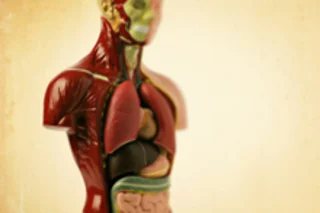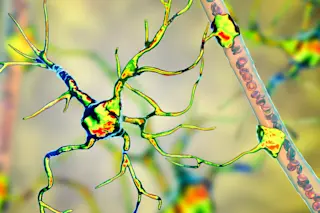In an attempt to steer organ donation away from organs purchased on the black market or harvested from executed prisoners, China has announced a system to coordinate voluntary organ donation. The details of the new system are still under development, according to Chinese officials. Although China is far from the only country facing a shortage of donor organs, the number of people who plan to donate is astoundingly low--since 2003, only 130 people have pledged to give up their organs after they pass away.
Chinese officials estimate that 1.5 million Chinese need transplants annually but only 10,000 are performed due to donor shortages [The Wall Street Journal].
In today's rarely discussed Chinese organ donation system, before prisoners are put to death, special preparations are made to ensure their organs will be viable for donation, such as the injection of a drug to prevent blood clots.
Of the transplants performed, officials ...














